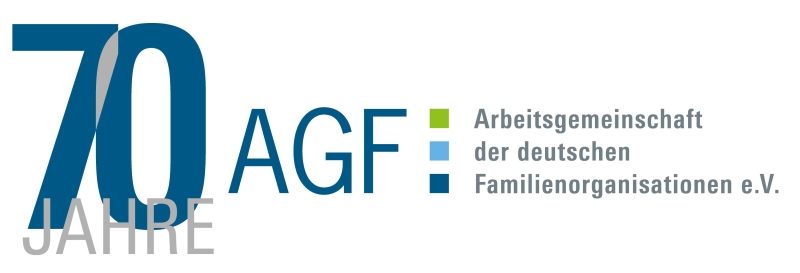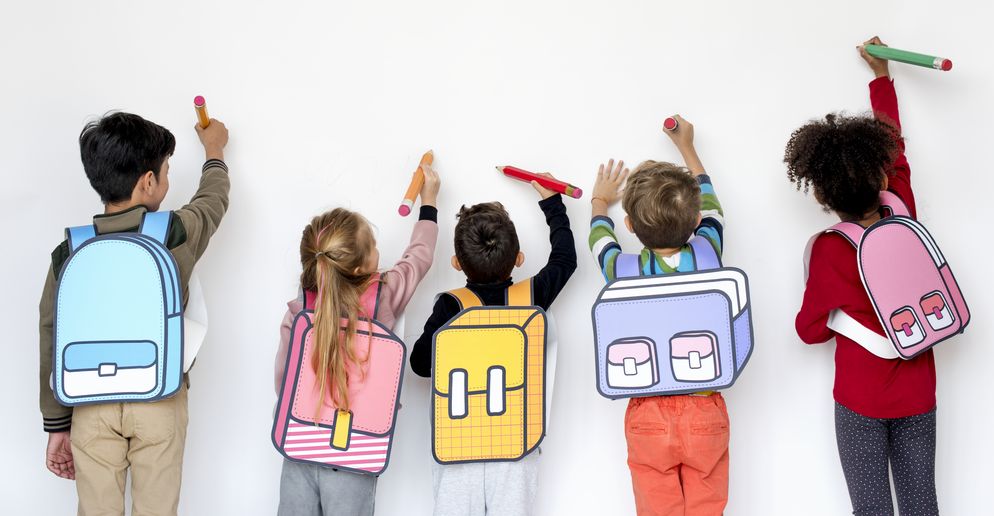For the third time, after 2010 and 2012, the JAKO-O study on education attends to find reliable information about the attitudes of parents regarding the situation of school and education. In the current survey progressions and developments are reflected even better. Unfortunately it can also be recognized that since the first study many negative findings have only hardly improved.
It is still concerning that many parents have reason to be sceptical whether the basic requirement for good education is given: Only 55 percent think Germany is a child-friendly country. Compared to previous surveys the assessment has improved slightly, but still remains on a low level. Regardless of education politics, this is a very worrying fact and it is necessary to urgently work on its improvement.
The family organisations stress and feel confirmed in their belief that parents support their children in school intensely and that they shoulder their responsibility as being the primarily responsible for the education of children. Parents take this responsibility very seriously. They have a very good feel for the educational system and for the needs of their children. Therefore it is gratifying that the study shows that there is a fundamental strong commitment of parents. This is also true – contrary to stereotypes – for parents with a rather low level of education, parents with immigrant background, fathers, full-time parents and parents whose child attends a full-day school. Therefore, much emphasis must be placed on a partnership between the educational institution and parents. Parents want to participate and are looking for opportunities to do so. They do not want to “know everything better” than the teachers: As before, the parents have great confidence in the teachers as individuals and ascribe deficits to institutions and structures, but not to the individuals. This is a solid base for improved cooperation between parents and school. However, parents feel that far too often tasks that should be in the responsibility of the school system are outsourced to them, e.g. homework or financial expenditure for tutoring.
The family organisations support parents in their assessment on the aims of education policy: social equality instead of elitism. Together with the parents the family organisations ask for an education system that is generally aligned on equal opportunities, safeguarding of basic education and individual support. The prerequisite is the abolishment of the causal relation between social background and school.
Education has a key role in many sectors, both the individual and societal level. Thus, for example, in the prevention of poverty: Good education increases the chances of children affected by poverty, facilitates their subsequent access to the labour market and thereby contributes to the break through of “inheritance of poverty”. Hence, school the primary goal of school should not be the development of young people for the labour market: Instead, school shall provide a comprehensive general education and create- in cooperation with parents – autonomous individuals and citizens capable of decision making.
Both school and preschool can make an important contribution to eliminate social differences. They strengthen the social and knowledge skills of children and the development of their personality. This is exactly what parents want, however they do not want that children are exposed to perform under great pressure too early. The family organisations welcome this concern of parents and emphasize that the concept of “early childhood education” should not be misunderstood: When 86 percent of the parents reject the enrolment of under six-year-old children and when 80 percent support maintaining playful forms of action for children up to six years, they rightfully defend the necessary scope of play of their children – both literally and figuratively. This doesn’t undermine the importance of pre-school institutions. Their importance is generally accepted, particularly for children from 3 years of age. The opinions of parents, however, place important requirements regarding the content and quality of facilities and regarding the optimization of the transition and adjustment of preschool and school facilities.
A large number of parents (46 percent) that is sceptical of the inclusive schooling of children with and without mental impairment under the current framework, which gives food to reflect on the concept and current state of implementation of inclusion. Only under the right conditions the choice for parents between an inclusive school and a special school can become a real alternative. Basic requirement is the existence of an appropriate high quality supply. For many schools and their teachers inclusion still is a comparatively new field. Additionally, adequate implementation of inclusion undisputedly requires further skills and qualifications of the personnel and adequate equipment of the school. In Germany, however, the discussion on the potential benefits of inclusive schooling has just begun.

